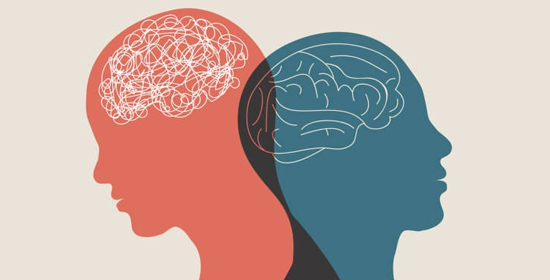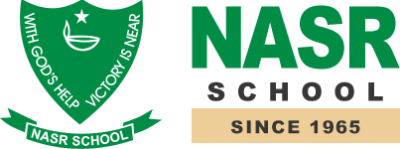Primary School
December 6, 2023 2024-02-04 6:31Primary School

Primary School
The primary section embodies a nurturing environment designed to ignite young minds and foster holistic development. Methodology here intertwines traditional teaching techniques with innovative approaches to cater to diverse learning styles. Teachers adeptly blend textbook knowledge with hands-on experiences, engaging students in interactive sessions, experiments, and group activities that stimulate curiosity and critical thinking. The pedagogy revolves around the child-centered approach, where each student’s individual strengths and challenges are acknowledged, ensuring personalized attention to facilitate their overall growth.
The classrooms themselves serve as dynamic spaces, equipped with modern amenities and age-appropriate resources. Interactive whiteboards adorn the walls, transforming lessons into captivating visual experiences. The school library acts as a sanctuary of knowledge, filled with a plethora of books catering to various interests and reading levels, nurturing a love for literature from an early age. Moreover, well-equipped science and computer labs provide avenues for practical application, allowing students to delve into scientific inquiry and technological exploration, nurturing their analytical abilities.
The primary section’s facilities extend beyond the academic sphere, emphasizing the importance of a holistic development approach. Sprawling playgrounds echo with the laughter and excitement of children engaged in sports and physical activities, promoting a healthy lifestyle and fostering teamwork. Additionally, art and music rooms serve as creative havens where young talents are nurtured, allowing students to express themselves through painting, drawing, singing, or playing musical instruments, fostering creativity and emotional expression.
Beyond the physical infrastructure, the school’s methodology intertwines values education seamlessly into the curriculum, instilling moral and ethical principles in students’ hearts. Character-building activities, moral science classes, and community service initiatives shape these young minds into responsible and compassionate individuals ready to contribute positively to society.
Moreover, technology integration is seamlessly woven into the educational fabric, with the introduction of educational apps, interactive learning modules, and digital resources that complement classroom teaching, preparing students for the technologically-driven world while ensuring a balanced use of digital tools.
Primary school stands as an embodiment of a nurturing, empowering, and enriching environment, fostering a love for learning while equipping young minds with the skills, values, and knowledge essential for their holistic development. Through a blend of innovative pedagogy, well-equipped facilities, and a commitment to nurturing individual potential, the school lays the foundation for a lifelong journey of curiosity, growth, and success for its students.
Pedagogical Methods
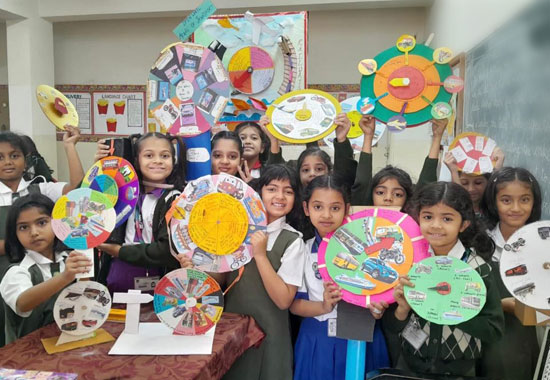
Project-Based Learning
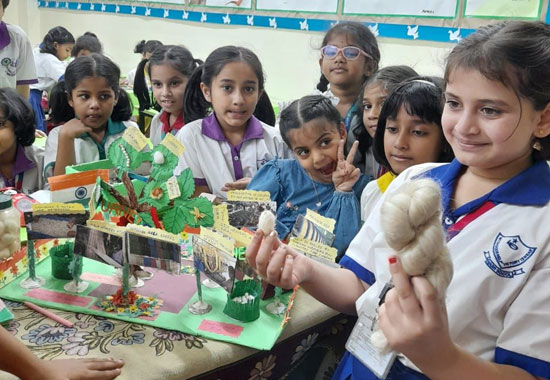
Role-play exercises
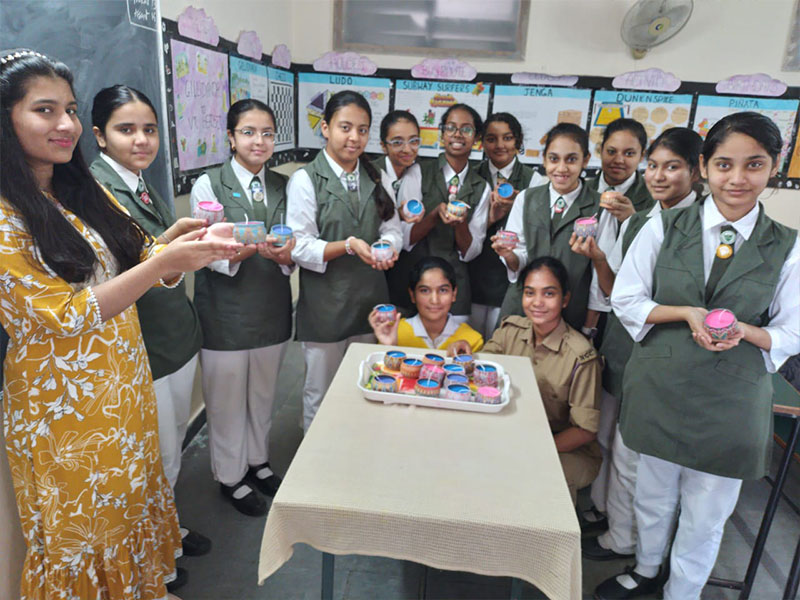
Socially Useful Productive Work
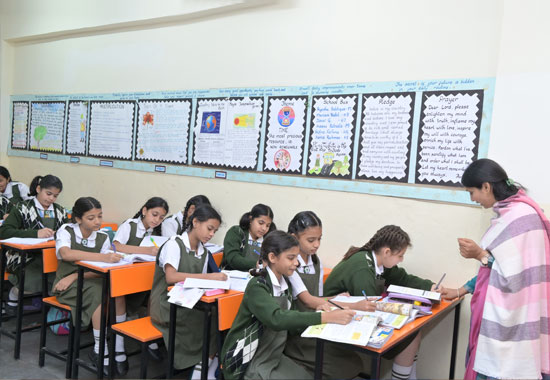
Cooperative Learning
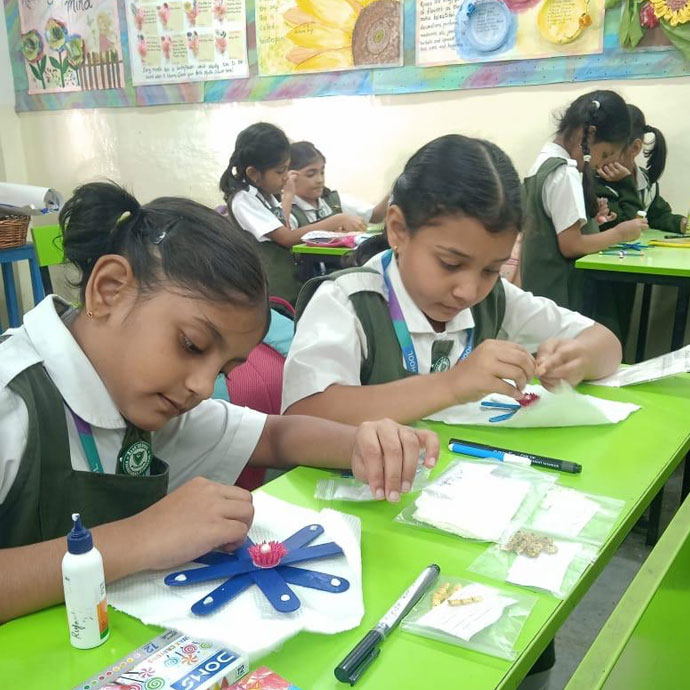
Activities based on Fine Motor skills
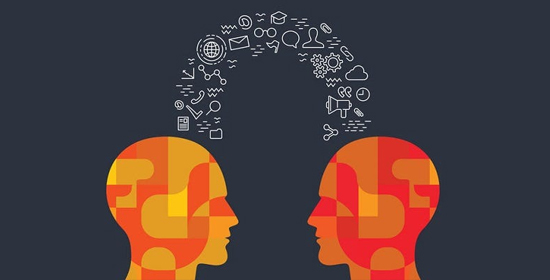
Communication Skills

Demonstration method
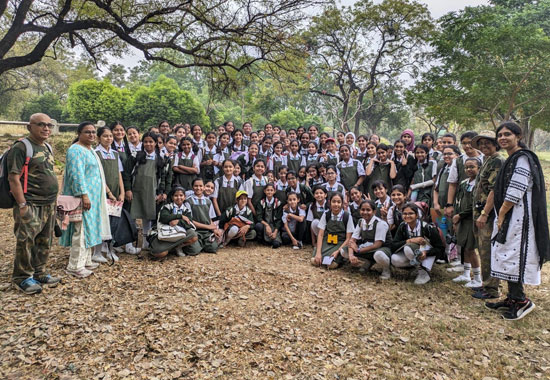
Field Trips
